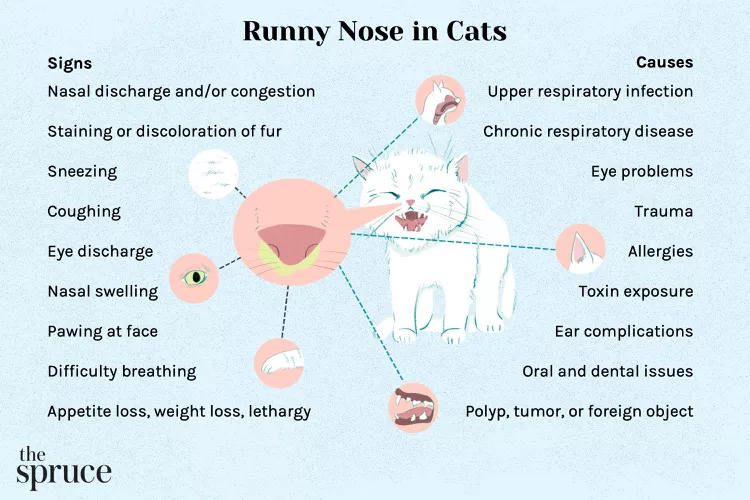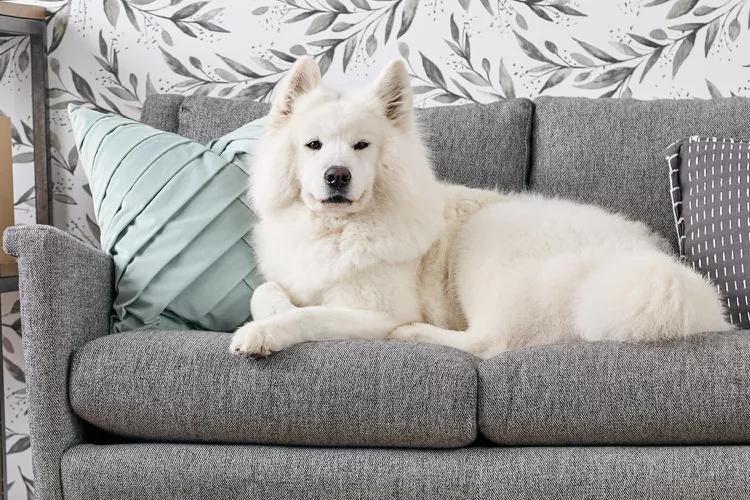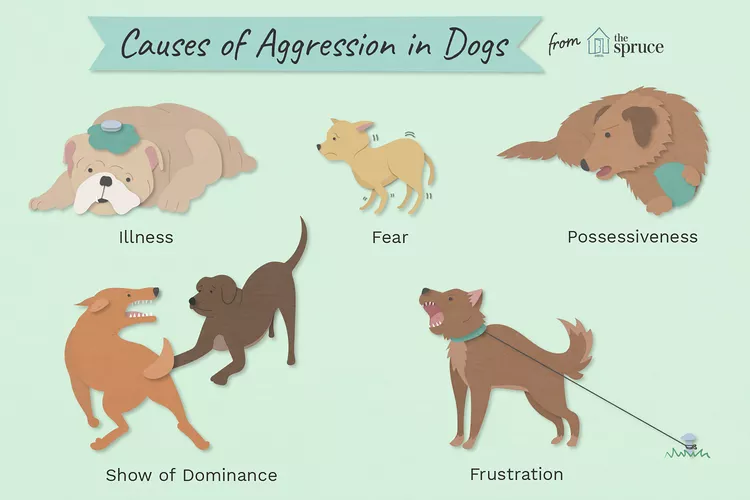
Normal puppies hear much better than we do, but some are born deaf or are genetically predisposed to deafness. Dalmatians and Jack Russell Terriers may inherit a nerve disorder of the ear that causes deafness.
Aging dogs commonly suffer hearing loss, and some become completely deaf, but you won’t have to worry about that for many years. But a puppy may suffer hearing loss at birth or any age from an ear infection, ear mites or chronic otitis. Hearing loss can be accelerated by damage from loud noises. Dogs that hunt and are exposed to gunshots for years and years are more prone to damage. Chronic ear infections may also result in hearing loss.
A normal dog typically hears the same low-pitched sounds as humans, as well as frequencies as high as 100,000 cycles per second. People can only hear sound waves up to 20,000 cycles per second. Puppies that startle easily or ignore interesting sounds may suffer from hearing loss.
Puppies may be born deaf when the nerves of the ear fail to properly form. Congenital deafness is often associated with merle or piebald coat patterns. Commonly affected breeds include the Dalmatian, Australian Shepherd, Old English Sheepdog, Collie, Shetland Sheepdog, and Bull Terrier. Ethical breeders are aware of potential problems and are working to eliminate deafness in these dogs through stringent breeding practices.
You may not immediately be aware your puppy is deaf. Specialized electrodiagnostic tests available at some veterinary universities can determine the extent of hearing loss. Most owners realize there's a problem during training when voice commands are ignored or other noise fails to draw the puppy’s attention.
Deaf dogs may bark less than other dogs, and the voice may sound odd. They frequently develop behavior problems because of their inability to understand human communication, and because they may be easily startled or frightened by the unexpected. Some deaf dogs may be able to hear the frequencies of special whistles, or feel the vibration of a stomped foot, and may compensate enough for day-to-day living.
Dogs with a gradual hearing loss tend to do well as long as they remain in familiar, safe surroundings. Routine exams with the vet and ear cleaning is important to stay ahead of possible health problems. Dogs with hearing loss are a challenge for many owners but can be trained with patience to understand hand signals rather than voice commands.
Dogs can’t tell us that they’re hard of hearing, and they compensate by paying more attention with their other senses. They watch owners and other pets more closely and cue off of their behavior to know that somebody’s at the door, for example. Deaf puppies also pay closer attention to vibration and air currents—the breeze made by an open door may cue them you’ve come home from work. Even when they can’t hear the can opener, the pet’s internal “clock” will announce suppertime.
Deaf puppies are still happy pets. Some hearing loss is a natural, normal part of the aging process. Making simple accommodations for a hearing-impaired pet isn’t difficult. Besides, it’s what we do for our friends.

Why Two Kittens Are Better Than One
There are benefits of adopting two kittens, such as more feasible training and companionship between them.
Everything You Need to Know About Raising Your First Cat
Whether you are thinking about getting a cat or just adopted your first one, these are the things to know to make your relationship a lasting one.
How Can I Tell the Sex of a Cat?
Telling male and female cats apart can be difficult for those who don't know what they're looking for. Here are helpful tips to discover their sex.
Runny Nose in Cats: Causes and Treatment
Cats get runny noses due to upper respiratory issues, but many conditions can cause this. Learn the causes of runny noses in cats and the associated signs. Find out how vets diagnose and treat cats with runny noses.
How Long Can You Safely Leave Canned Cat Food Out?
You cannot safely leave canned cat food out all day. Twenty to 30 minutes is the max, so give smaller portions and reheat food for later feedings.
Meat Byproducts in Cat Food
Most cat experts recommend premium brands of cat food that avoid ingredients like byproducts and chicken meal. Learn what to look for on the label.
How Much Wet Food to Feed a Cat Every Day
The amount of wet food your cat needs depends on factors such as age, weight, body condition, and lifestyle. Learn how much wet food to feed your cat.
Taurine for Cats
Taurine is an essential animal protein in your cat's diet. Learn more about the various ways it supports your feline's body.
The Different Types of Pet-Friendly Workplaces
Discover the different types of pet-friendly workplaces and the benefits they offer employees. Learn how to create a pet-friendly workplace and the best practices for pet owners.
8 Halloween Safety Tips for Pets
The spooky holiday can be overstimulating and even dangerous for pets. Here's how to avoid the problems caused by toxic candy and incessant doorbells.
Why You Should Keep Cooked Bones Away From Your Dog This Holiday Season
People should be aware of the dangers of cooked bones, especially around the holidays when they might be more accessible to your pup.
Can Dogs Eat Squash? Here's What a A Vet Thinks
Dogs can safely eat squash as long as it's prepared correctly. Find out how to properly feed this versatile fruit to your dog.
16 Small Cat Breeds That Are Petite Purring Machines
Small cat breeds like the Singapura and munchkin may be smaller than an average housecat, but they leave a giant imprint on your heart.
10 Best Cats With Big Ears
Cats with big ears often look extra endearing. Check out some common big-eared cats, including the Abyssinian, Devon Rex, Siamese, Sphynx, and more.
Javanese (Colorpoint Longhair): Cat Breed Profile, Characteristics & Care
The Javanese is a semi-longhaired, color-pointed cat of Siamese type. They are related to the Siamese, Colorpoint Shorthair, and Balinese breeds.
How to Stop Aggression in Dogs
Dog aggression can be a serious behavior issue for pet owners. Learn how to stop aggression in dogs before someone gets hurt.
Should Dogs Be Allowed on Furniture?
Should you let your dog on the couch or in the bed with you? Are there any reasons we should not let dogs on the furniture? Here's what to know.
Why Do Dogs Eat Rocks?
One of the most common non-food items for dogs to eat are rocks. Here's what to know about why dogs eat them and how can you stop your dog from eating rocks.
Why Dogs Get Aggressive and How to Stop It
Why is your dog biting you aggressively? Sometimes dogs can become aggressive with little warning. Find out what causes your dog to become aggressive so you can work with the behavior.
Thai Ridgeback: Dog Breed Characteristics & Care
Learn all about the Thai Ridgeback, a rare breed from Thailand. Find out how to care for the loyal dog and where to buy or adopt one.